Interdependence of Philosophy and Education:
Education is a growing science. The foundations of education need to be explored for its study as an interdisciplinary approach. Philosophy is the cornerstone of the foundation of education. This does not mean that education should be enslaved to philosophy or some set of values created by human society. Philosophy should be interpreted as a vision from a wider perspective. This being so, education should be welded to some philosophy in general. We need some frames of reference in which education has to fit. There have been various schools of philosophy presenting their views with much optimism.
Education is the process of enabling people not merely to live but to live adequately. This is based on the ideals, beliefs, and values derived from the philosophy. This aptly sums up the dictum that education is the dynamic side of philosophy and all educational questions or ultimately questions of philosophy.
Education is dependent on Philosophy for the following reasons:
(1) Philosophy determines the real destination towards which education has to go- Education is a conscious dynamic process that needs proper guidance and supervision. Without proper guidance and supervision, it can not achieve its goal. Philosophy determines the goal of life and also provides suitable and effective guidance and supervision for education to achieve that goal. Without the help of philosophy, education cannot be a successful process of development and achievement. Spencer has rightly remarked, “True education is practicable only by a true philosophy.”
(2) Philosophy determines the various aspects of education- Some scholars believe that philosophy is concerned with abstract items and conceptions only, while education deals with practical, concrete things and processes. Hence the two are different and there exists no relation between them. But this is not true. Both are intimately and integrally connected with each other. Philosophy has been influencing all aspects of education since the very beginning and will continue to influence education for all times to come.
(3) Great Philosophers have been great educators also- All great philosophers have been great educationists of their times. Plato, Socrates, Locke, Rousseau, Froebel, Dewey, Gandhi, Tagore, Aurobindo, and others who were great philosophers of their times have also talked about education. Infact all great philosophers have employed education as a means to translate their philosophical ideas into practice for the people to follow and develop themselves.
Philosophy is dependent on education for the following reasons:
(1) Education is the dynamic side of philosophy- Philosophy is the thought or plan side and education is the application or practical side. Philosophy determines the aim of life and by analysis lays down the principles to be followed for achieving the set aims. Education translates these principles and ideas into practice because the purpose of education is to mold human behavior. Thus Adams has rightly said, “Education is the dynamic side of philosophy.”
(2) Education is a means to achieve the goal- It is the philosophy that determines the aims of life. Through analysis and classification, these are divided into goals to be achieved by the process of education. Herbart holds the same opinion, “Education has no time to make holiday till all the philosophical questions are once and for all cleared up.” At times education and educators put before philosophers such problems which face and defy solutions. In this way, education contributes to new thinking and new philosophy may born out of this thinking and analyzing. Bertrand Russel contends that philosophy is an attempt to answer the ultimate questions of education.

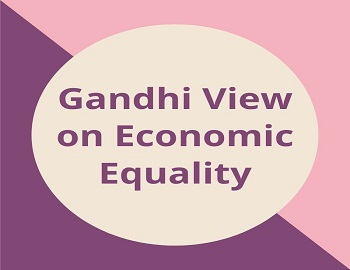
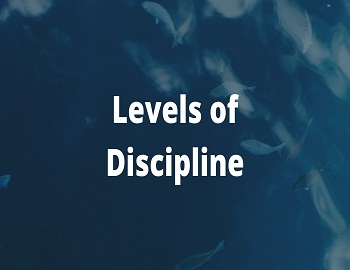
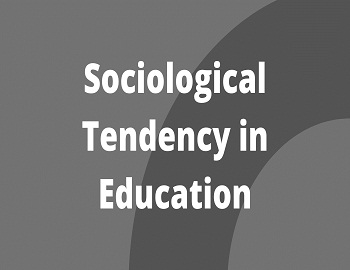
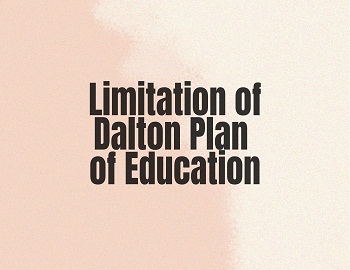
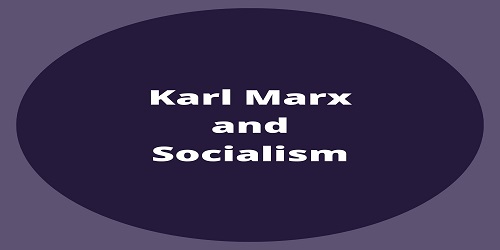
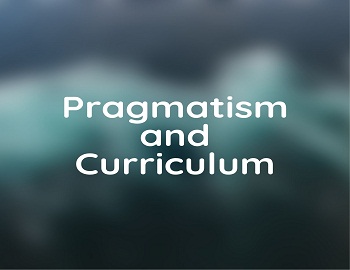
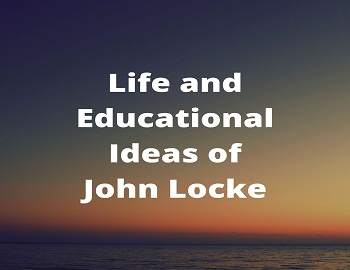

Comments (No)